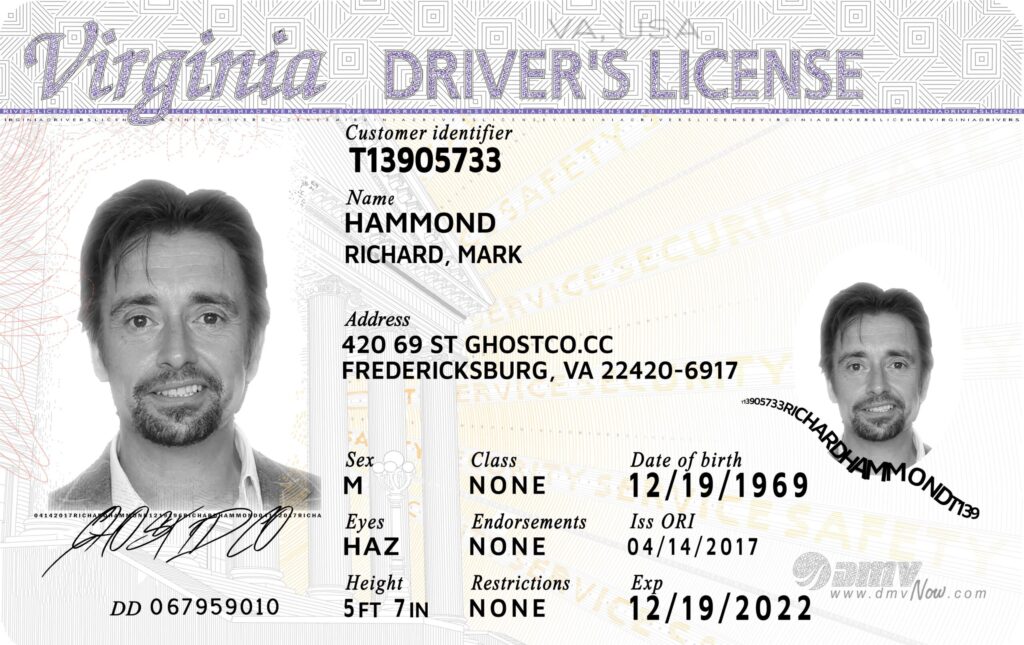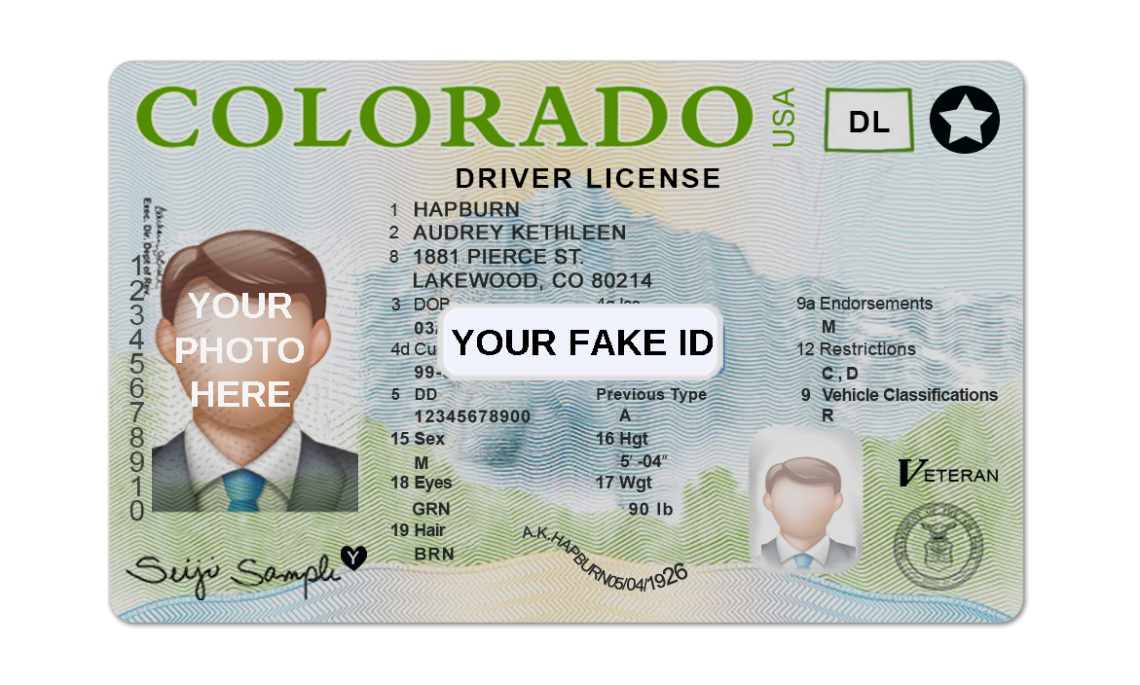Internet privacy, also referred to as online privacy or data privacy, refers to just how much of your individual, private, and searching data remains personal when you’re online. It has actually ended up being a growing worry, with searching history and personal information at increased danger. To provide just one example, the variety of data breaches openly reported in the US through September 2021 overtook the entire last year by 17%.
 Lots of people ignore the importance of online privacy, however they ought to know just how much information they’re sharing– not simply on social media networks however just through browsing itself. So what are those privacy problems that you might discover? And how can you securely share your individual information online? Keep reading to find it out.
Lots of people ignore the importance of online privacy, however they ought to know just how much information they’re sharing– not simply on social media networks however just through browsing itself. So what are those privacy problems that you might discover? And how can you securely share your individual information online? Keep reading to find it out.
The value of digital privacy becomes clear once you attempt to make a mental list of individual things you’re all set to show complete strangers– and those you ‘d rather not. For sure, you do not desire your medical records, bank declarations, and even particular products from your shopping cart to be extensively understood. Anybody who viewed You saw how simple it was for individuals to acquire someone’s personal info like home address, good friends’ names, tastes, or favorite places based upon what they openly shared.
Are You Good At Online Privacy And Fake ID? Here’s A Quick Quiz To Seek Out Out
Yes, you can make your social media account private and share only specific content with a particular group of individuals. However how can you actually understand what social networks makes with the information you share? And what about your other online traces, like searching history, purchases, or perhaps your online correspondence?
A poll of American internet users exposed that 81% of participants believed they had no control over information collected by personal companies. Even worse– the number reached 84% when individuals were asked if they might manage what data the government gathered.
Be Taught Exactly How We Made Online Privacy And Fake ID Final Month
To address similar concerns, the EU embraced the GDPR, or the General Data Protection Regulation. This set of laws, passed in 2015 and implemented in 2017, was planned to safeguard every EU resident’s privacy and data.
California’s comparable CCPA also gives customers four standard rights to control individual information on the internet. The right to know what personal details a business gathers about them and how it is utilized and shared. You’re essentially increasing the risk of having your info taken.
At the same time, some tech business keep customer information going back to years ago. They’ve been logging every online site they visited, all their preferences, shopping habits, political views, and a lot more. How can you attend to that?
The right to be forgotten is the right to ask companies to delete and surrender any information they’ve gathered about you. It covers online chatting and third-party conversations.
People have combated to eliminate their names and images from “revenge pornography,” including any appropriate online search engine outcomes. Some have submitted take-down requests for uncomfortable individual stories from their past, for instance, petty crime reports or awkward viral stories.
Too Busy? Try These Tips To Streamline Your Online Privacy And Fake ID
Perhaps, the right to be forgotten secures those who wish to forget their old errors and bring back privacy. The opposite camp, incidentally including some tech giants, criticizes this as censorship and rewording of history.
Information privacy (likewise known as information privacy) is a branch of data security focused on proper information handling, including approval, notice, and regulatory obligations. Basically, it’s an ability to control what details you reveal about yourself on the internet and who can access it.
As an essential element of info sharing, information privacy is an umbrella term for information masking, file encryption, and authentication are just a couple of techniques utilized to make sure that info is made available only to the licensed celebrations.
How To Save Lots Of Cash With Online Privacy And Fake ID?
Online privacy and security are closely associated ideas that impact your cyber security. There are some particular distinctions between them. Digital privacy refers to the appropriate use, dealing with, processing, and storage of personal details. Details security is about safeguarding data against malicious attacks or unauthorized gain access to.
A case in point: if you have a social media account, your password is an aspect of details security. The method social networks handles your information is an aspect of digital privacy. As a rule, you consent to security and privacy guidelines by clicking “I agree” to the company’s privacy policy and Conditions and terms. However let’s be truthful: when was the last time you thoroughly read through an app’s privacy policy before accepting it? Still, it’s not the only thing that can offer you a headache with digital privacy issues.
Online privacy problems vary from the details you do not mind sharing (state, a public social media account) and irritating privacy compromises like targeted advertisements to public shame or breaches that affect your personal life. They also track sites that you go to after that.
Taken together, this info can be used for “profiling”, or making a consumer personality based on the person’s surfing, shopping, and social media preferences. Among other things, customer personas are extensively used in individualizing advertisements. Profiling becomes a severe privacy problem, however, when data-matching algorithms associate somebody’s profile with their personally recognizable information, as this might lead to information breaches.
Social media information harvesting
Over the last few years, social media privacy struck the spotlight after a string of scandals, consisting of the Cambridge Analytica story when they utilized information to control citizens, cyberbullying, and “doxing” (sharing private info openly).
On top of that, significant socials media have suffered data breaches, leaving millions of users exposed. A recent example is Facebook’s huge data breach that exposed the personal data of 433 million users, including their full names, contact number, areas, birth dates, bios, and email addresses. Many people understand that, often it may be very necessary to register on online sites with mock details and many individuals may want to think about yourfakeidforroblox.com..!
For the most part, cookies are even useful and safe. These pieces of law gather your browsing info and let website or blogs remember your login, preferences, language settings, and other details. Cookies may become an issue when it comes to vast quantities of information gathered without user authorization.
In December 2020, France’s data security regulator, the Commission Nationale de l’informatique et des libertés (CNIL), ruled that Google and Amazon needed to pay 121 million dollars and 35 million euros for breaching Article 82 of the French Data Protection Act. CNIL fined both companies for placing tracking cookies on their user’s computers without prior authorization. Google went even further and tracked users who had shut off advertisement personalization.
The recent App Annie report states that the users’ average time spent with their smart devices topped 4 hours 10 minutes in 2020– up 20% from 2019. More time spent on mobile methods more internet surfing, ads clicking, and, of course, app downloads.
Can we be one hundred percent sure what precisely those apps know about us? Some go even more and ask you for dangerous permissions– information that could trigger trouble if it fell into the wrong hands.
A great rule of thumb is to consider whether you trust the app company to keep this info. If there’s anything you feel uncomfortable about, you can deny gain access to, either when the app asks you for authorization or later on in the app’s settings.
Identity theft is nothing new. It has been a crime long prior to the web. New innovation has actually opened up fresh avenues for con artists and burglars. Online identity theft occurs when somebody accesses your personally identifiable details (PII) to devote scams. This info might be your driver’s license, bank account information, tax numbers, or anything else that can be used to impersonate you online. In the worst-case circumstance, your information might end up for sale on the dark web.
Wrongdoers impersonate credible contacts, such as banks, to fool you into giving up sensitive details or opening destructive attachments. Harmful software that can access your device’s operating system and permit hackers to steal your individual info.
All those privacy and security concerns on the internet may sound frightening and can make you feel helpless, however there are simple actions you can take today to cut the risk of online scams. If you stress over just how much of your private details is offered on the internet, we help you manage and safeguard your individual details.
Hackers utilize various plans to take your information. Much of them may not be obvious at first sight. Think about using an up to date, industry-leading antivirus software application on your gadget, whether it’s a mobile or computer.
To keep your privacy on the internet, you can change DNT settings in your internet browsers. When you enable it for your browsing in Chrome, Firefox, or another web browser– you inform internet sites and third-party partners that you do not want to be tracked.
You can also limit your apps’ access to your individual information by going to your app or phone settings and opting out of location or other information tracking.
A typical mistake in online surfing is to just click “agree” to any user contracts and privacy policies without reading them. We strongly advise checking out any document prior to clicking “agree” or “accept.”.
If you don’t have time to read it (and some user agreements are numerous pages long), do a minimum of some research of what sort of details the app or website or blog asks of its users and whether you’re comfortable with that.
If you’re concerned about what your search engine understands about you, it might be a great idea to switch to another engine. DuckDuckGo, for example, markets itself as a more private and safe and secure alternative to Google.
Do not click on links to bogus or risky internet sites, or you risk falling victim to a phishing attack and quiting your delicate data to a scammer. Some phishing hazards are masked as ads, so be extra mindful with those.
You’ll know where the risk might hide if you follow these suggestions. Which will assist you keep your online privacy safe.
